Summaries of books about Science & Math:
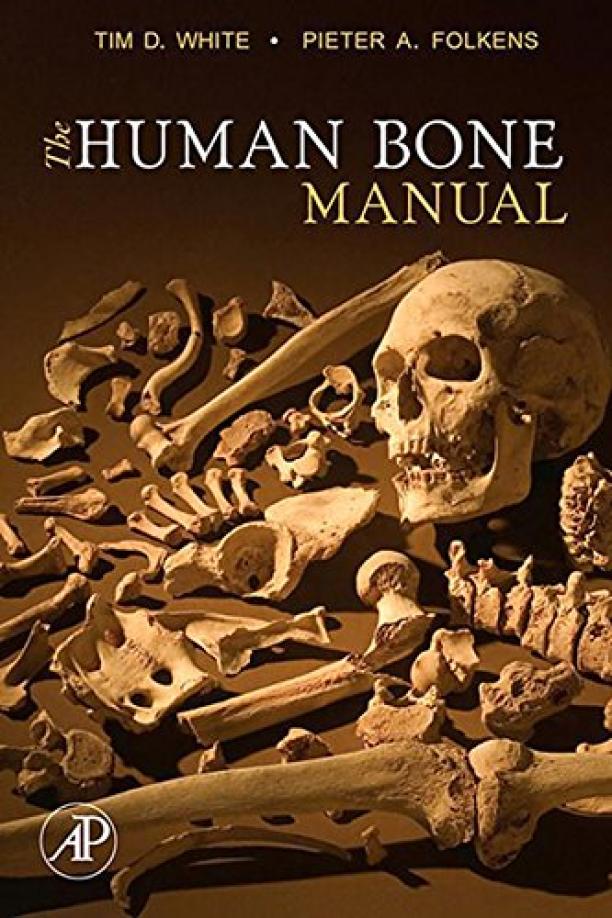
The Human Bone Manual
Tim D. White|Pieter A. Folkens
The book serves as a comprehensive guide to the identification and analysis of human skeletal remains, providing detailed information on bone biology, human osteology, and forensic anthropology. It includes illustrations, descriptions of bone morphology, and practical instructions for processing and interpreting skeletal material in archaeological, osteological, and forensic contexts.
See full summary
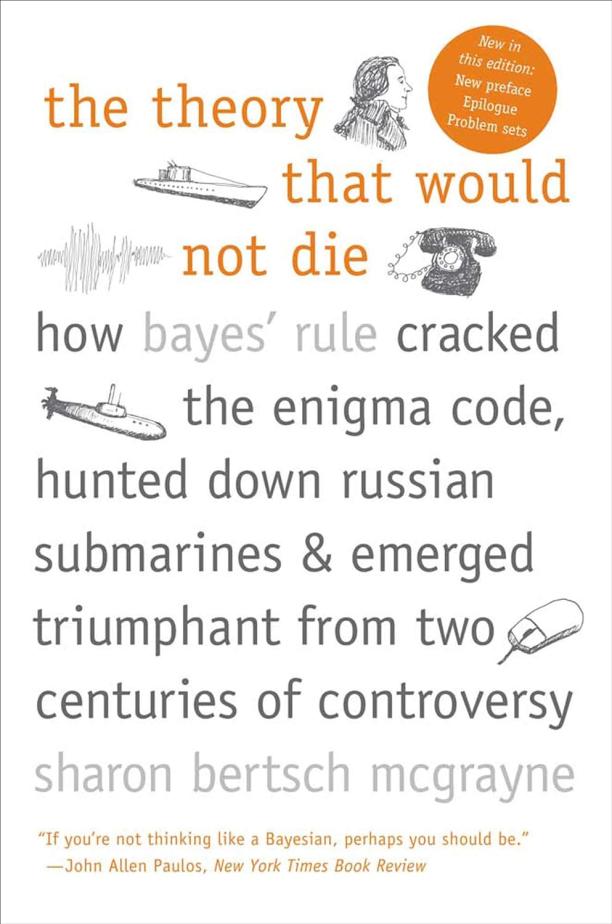
The Theory That Would Not Die
How Bayes' Rule Cracked the Enigma Code, Hunted Down Russian Submarines, & Emerged Triumphant from Two Centuries of C
Sharon Bertsch McGrayne
The book chronicles the history and impact of Bayes' theorem, a foundational principle in probability and statistics, highlighting its controversial origins and its critical applications in various fields such as code-breaking during World War II and modern-day endeavors. It delves into the stories of the scientists and mathematicians who used and advanced Bayesian methods, despite initial skepticism, to solve complex problems and make significant discoveries.
See full summary
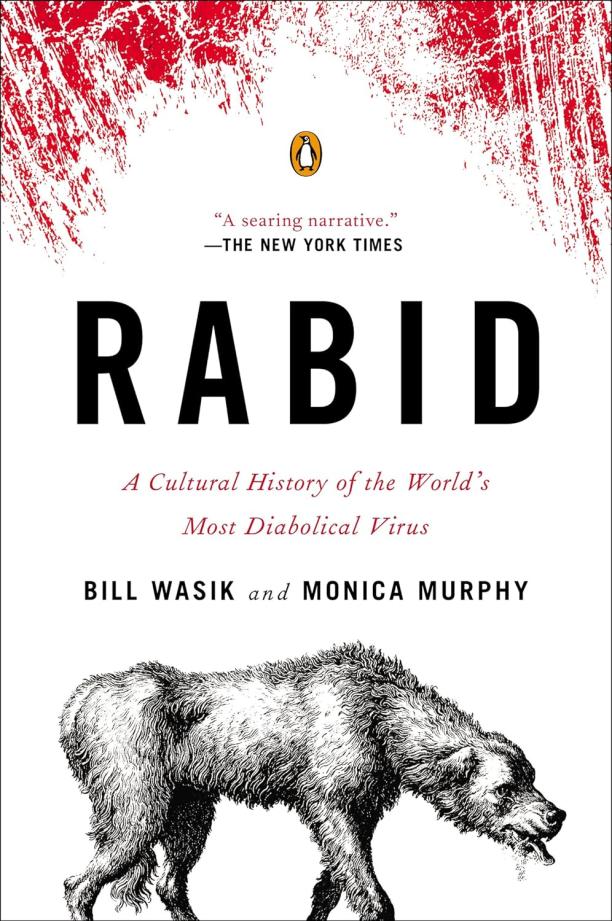
Rabid
A Cultural History of the World's Most Diabolical Virus
Bill Wasik|Monica Murphy
The book delves into the history of rabies, exploring its impact on human society, culture, and our collective fears. It examines the disease from its ancient origins to modern-day science, detailing the myths, medical advancements, and the ongoing battle against this deadly virus.
See full summary
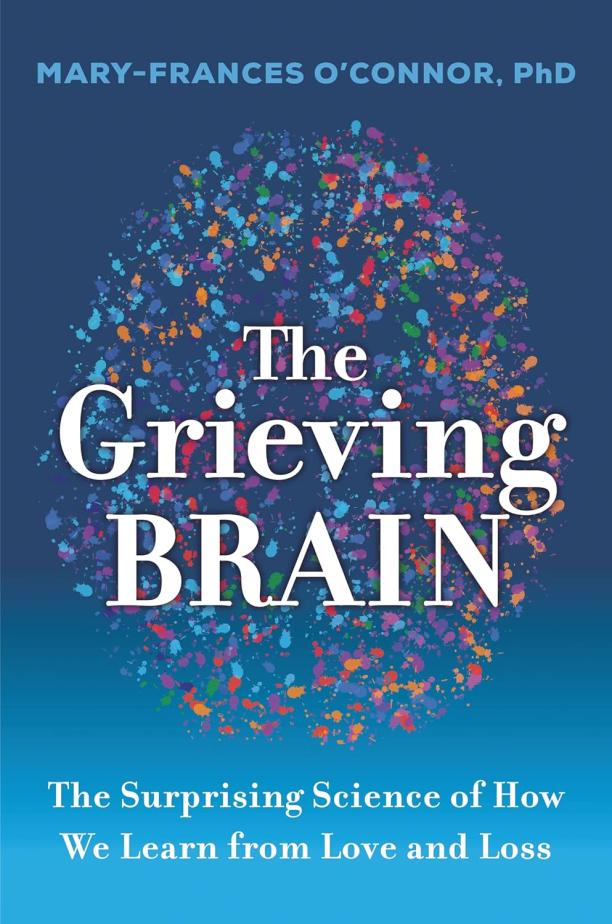
The Grieving Brain
The Surprising Science of How We Learn from Love and Loss
Mary-Frances O'Connor
The book delves into the neuroscience behind the experience of grief, exploring how the brain processes the loss of loved ones and adapts over time. It combines scientific insights with personal stories to illustrate the complex journey of healing and the transformative power of grief.
See full summary
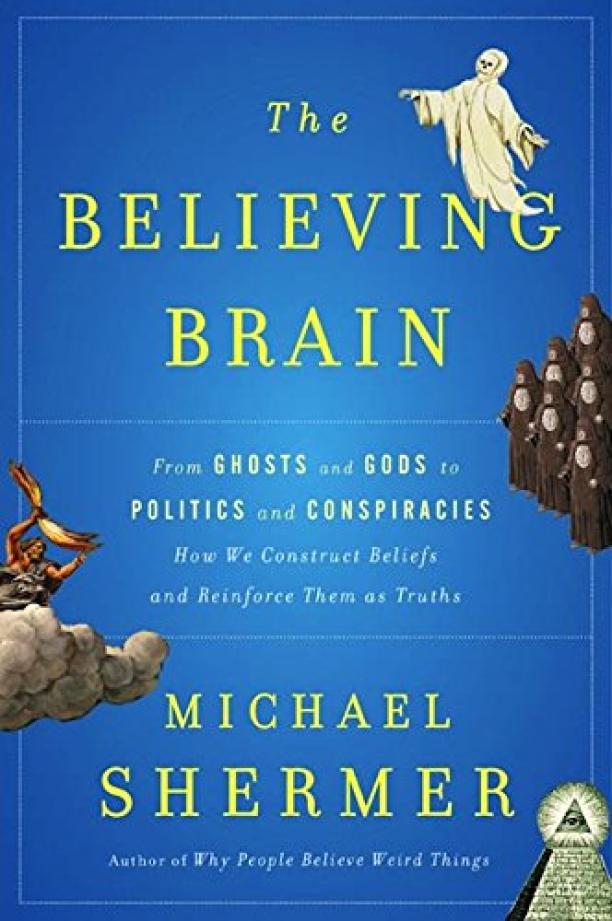
The Believing Brain
From Ghosts and Gods to Politics and Conspiracies---How We Construct Beliefs and Reinforce Them as Truths
Michael Shermer
The book explores the cognitive processes that lead humans to form beliefs, ranging from supernatural phenomena to political ideologies, and examines the mechanisms by which these beliefs are reinforced and maintained. It delves into the neuroscience and psychology behind our convictions, demonstrating how our brains are wired to find patterns, assign meanings, and defend our beliefs as truths.
See full summary
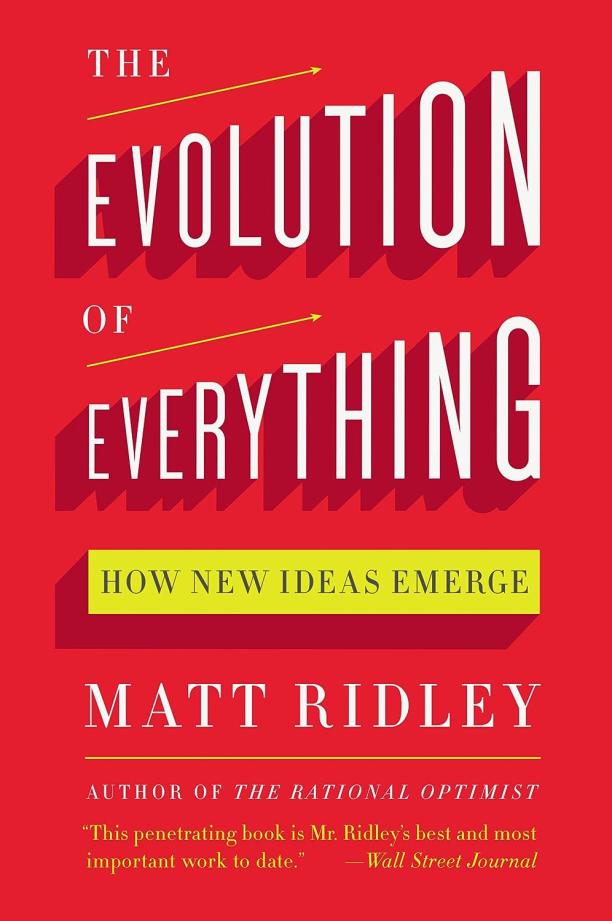
The Evolution of Everything
How New Ideas Emerge
Matt Ridley
The book argues that most aspects of the world, from culture to technology, evolve through bottom-up processes rather than top-down design. It emphasizes the role of incremental innovation and the collective actions of individuals in shaping complex systems over time.
See full summary
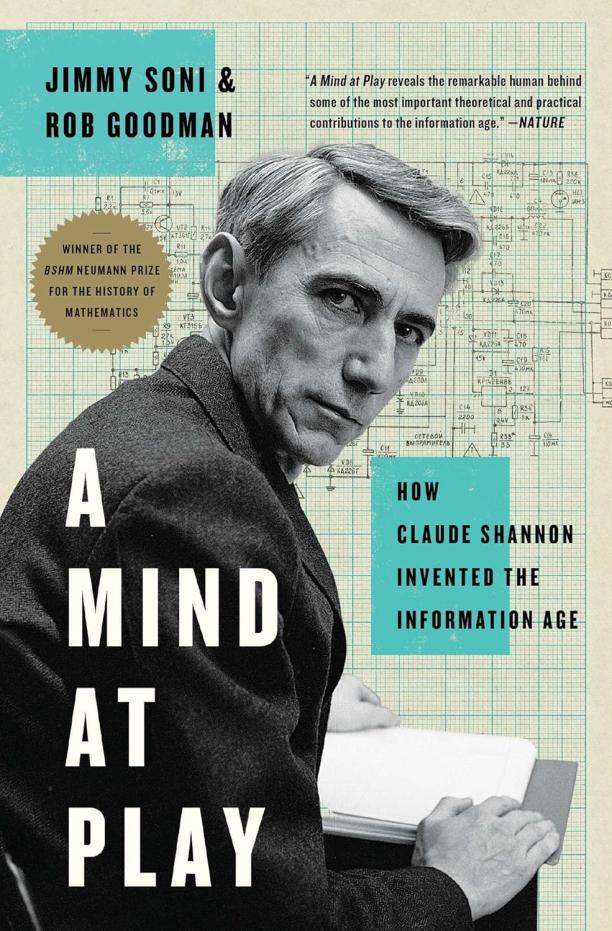
A Mind at Play
How Claude Shannon Invented the Information Age
Jimmy Soni|Rob Goodman
The book chronicles the life and achievements of Claude Shannon, the father of information theory, detailing his groundbreaking work that laid the foundation for the digital revolution. It explores his intellectual contributions, personal anecdotes, and the impact of his ideas on technology and communication in the modern world.
See full summary
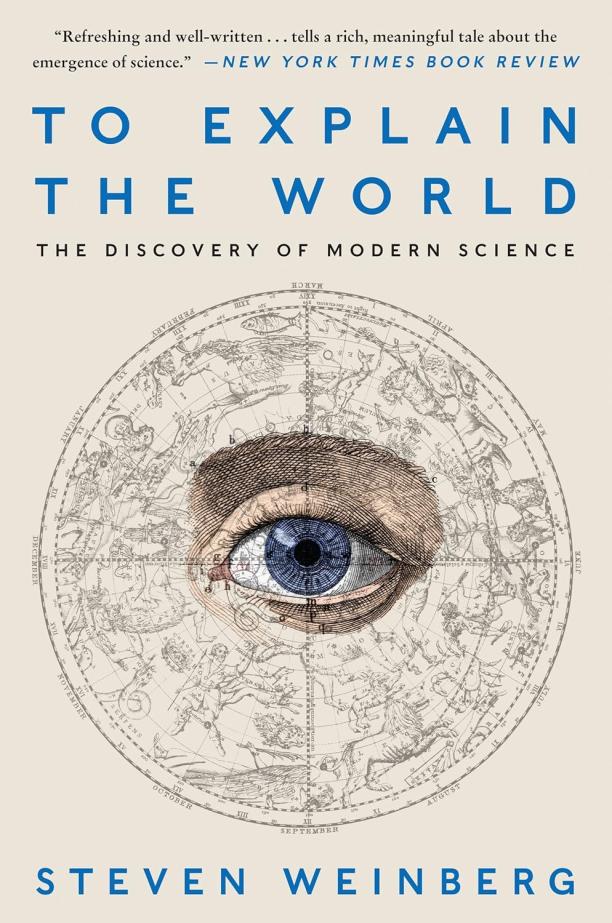
To Explain the World
The Discovery of Modern Science
Steven Weinberg
The book traces the historical development of scientific thought from ancient Greece through the Middle Ages to the Scientific Revolution, examining how the approach to understanding nature shifted from philosophical speculation to empirical evidence and experimentation. It highlights key figures and moments that contributed to the emergence of modern scientific methods and principles.
See full summary
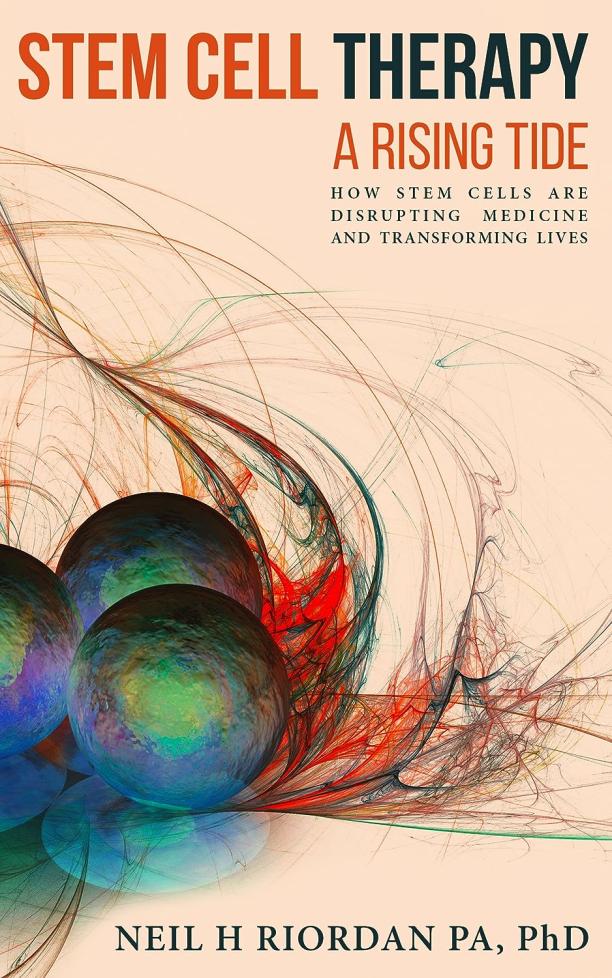
Stem Cell Therapy
A Rising Tide: How Stem Cells Are Disrupting Medicine and Transforming Lives
Neil H Riordan
The book delves into the potential of stem cell therapy in revolutionizing medical treatments, showcasing real-life success stories and scientific advancements. It explores the mechanisms by which stem cells can repair and regenerate damaged tissues, offering hope for patients with conditions previously deemed untreatable.
See full summary
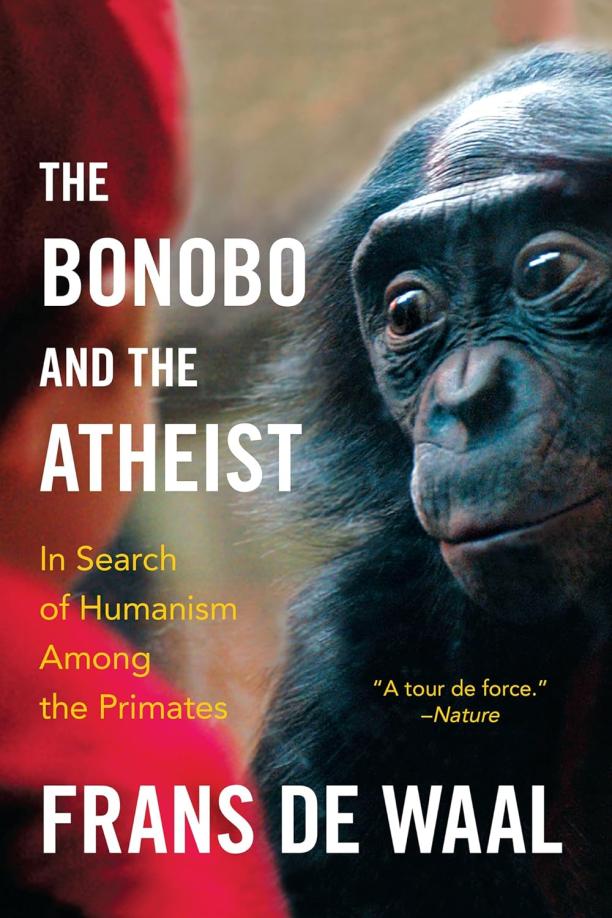
The Bonobo and the Atheist
In Search of Humanism Among the Primates
Frans De Waal
The book explores the biological roots of human morality, arguing that empathy, cooperation, and fairness are evident in primate behavior, particularly among bonobos. It challenges the notion that religion is the source of morality, suggesting instead that moral behavior is a product of evolution.
See full summary